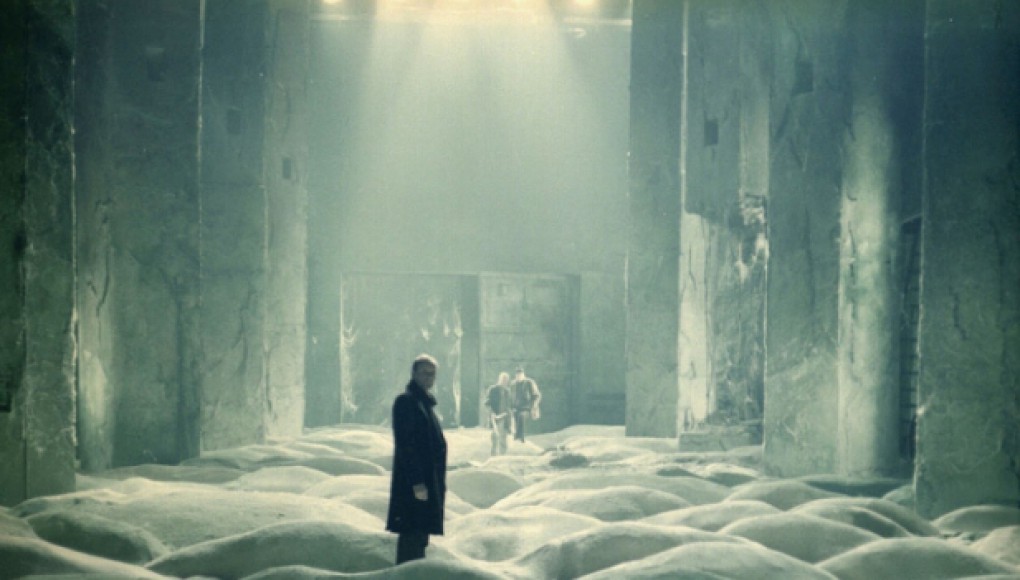Review written by Raul De Leon
Taste of Cherry (1997)
For some reason, we rarely get films about suicide, and very rarely is it this good. Taste of Cherry is an honest, clear-sighted view on deep self-suffering that fully captures that terrible emotion and its components. With austerity, writer, director Abbas Kiarostami will unforcefully bring you closer to the realization of life as a beautiful miracle.
Low spirited, Mr. Badii drives round and round boundless, barren terrain in search for someone who is willing to bury him after he commits suicide. Even though he offers people a large sum of money for the job, most people refuse out of their respect for life. Badii’s Range Rover winds and winds for a good portion of the ninety-five movie minutes. With all the rejection and emphatic lectures from his offerees, a peaceful suicide proves to be no easy undertaking. If Badii is going to leave this world behind, the world is going to have one final say before it happens.
This single day journey stands for the journey of life itself, with the constant search for relinquishment, in a repetitious cycle that miraculously never really loses its wonder. Each individual that Badii interacts with offers another facet of life and death to the viewer. Over time, a humble lesson on living seeps into your pores, leaving your body at ease with its adverse past experiences.
With just one location, the monotonous earth becomes its own character; a land undoubtedly perceived from the eyes of a suicidal individual. Although lifeless, it is where Badii wants his body to remain. In the midst of his suicidal voyage, Badii takes some time to daze at the moving lumps of soil from the work trucks. Is this where life ends? Largely metaphorical, this landscape will stick in the viewer’s mind, more than any other aspect of the film.
Kiarostami keeps a bland tone to reflect the current state of Badii’s soul. The cinematography is so drab, the film almost looks like it was shot in sepia tone, and it remains so in an appropriate way. The all-around art direction goes unchanged from scene to scene. Life is full of color and variety. But, Badii’s life is over.
What makes Cherry work is that it delivers its contemplation in moderation. Kiarostami is not interested in drama, or grabbing you by the eyes and ears. He would much rather put you to sleep. Depression is that way; it’s weak and unexciting. Badii rides with a passenger and pleads for their burial assistance, then another passenger, and another, and another. Badii doesn’t get upset with their replies, or happy, or anything. He just remains as is like everything else in the film. Everything fits into the emotion of depression, with the possible exception of a rather abnormal ending that I may or may not understand.
What will you take from Taste of Cherry? Hopefully you don’t fall asleep because it does have a rather insipid tenor. Personally, I couldn’t even blink my eyes. The content and emotion is too real. The atmosphere sat me in Badii’s seat. Although character’s speak their part in full on the conditions of taking one’s life, the film never lectures. Instead we get an honest display of raw, unmoving emotion.
If you liked Taste of Cherry, you might also like: No Man’s Land (2001), Paris, Texas (1984), The Bicycle Thief (1948) and other films by Abbas Kiarostami.
Check out the rest of my reviews on my website: cerebralfilmreviews.com.

